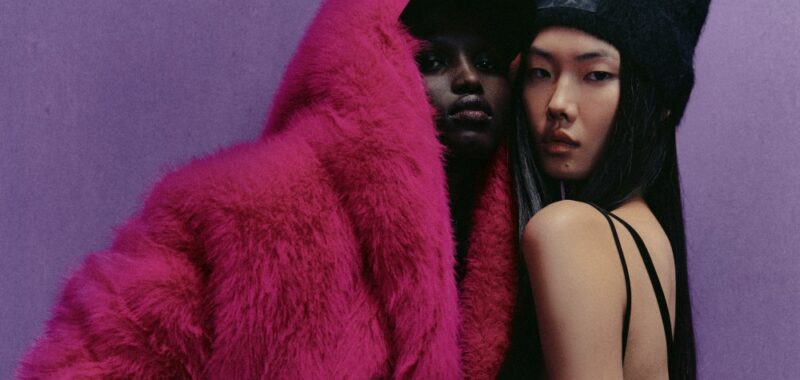Sales at Hugo Boss inched up 1 percent on a currency adjusted basis during the third quarter compared to the same period last year to 1.03 billion euros as the macroeconomic environment squeezed its growth.
Hugo Boss “achieved solid top-line improvements despite the ongoing weak consumer sentiment,” the company’s chief executive officer Daniel Grieder said in a statement.
Hugo Boss blamed the sluggish growth on economic conditions and consumer sentiment, which have put a dent in sales of many luxury brands. The company pointed out that it was in fact still growing. Over the first nine months, Hugo Boss saw 2 percent sales growth, on a currency adjusted basis, it said, to 3.06 billion euros. Over the same period last year, Hugo Boss’ sales stood at 3.02 billion euros.
The company’s current goal is to make 5 billion euros annually but executives have previously conceded it might take longer to get there than they had expected.
The company’s more formal Boss menswear, its largest category, grew 1 percent on a currency adjusted basis to 785 million euros over the third quarter. Boss womenswear grew 2 percent to 74 million euros. More casual looks, sold under the Hugo brand, grew 2 percent, currency adjusted, and totaled 171 million euros. This was also supported by the recent launch of Hugo Blue, a new denim line, the company noted.
In terms of sales territories, sales in Hugo Boss’ home market of Europe rose 1 percent, currency adjusted, to 662 million euros. The company has been making significant efforts to market itself as a 24/7 lifestyle brand in the Americas and this paid off in the third quarter, with Hugo Boss recording 4 percent growth there, on a currency neutral basis, to sales of 228 million euros. Hugo Boss continues to struggle in the Asia Pacific region, however, where sales fell 7 percent, currency neutral, to 110 million euros. Over the same period last year, the German company had sales of 120 million euros in that market.
“Particularly in China, the overall market environment was affected by persistent subdued consumer demand,” Hugo Boss noted in a statement.
The third quarter result was still slightly better than that of the second quarter, when sales fell 1 percent and analysts noted that the company had seen its weakest quarter since Grieder came on board in 2021. During the second quarter, there was much talk of cost-cutting and Grieder said Hugo Boss had made progress in that area.
“By further leveraging our global sourcing activities and rigorously executing our cost measures introduced earlier this year, we have improved productivity … and supported our bottom-line development,” he said in a statement.
While operating costs fell slightly, so did Hugo Boss’ EBIT, or earnings before interests and taxes, which fell 7 percent to 95 million euros. Over the same period last year, EBIT totaled 103 million euros. This was an improvement on the second quarter, though, when Hugo boss saw EBIT drop by 42 percent.
On the back of the third quarter figures, Hugo Boss confirmed its guidance for the full year. Earlier in the year it had already lowered guidance once, trimming 2 percentage points off sales growth projections. Now it still expects group sales to increase somewhere between 1 and 4 percent by the end of the year and to come in between 4.2 billion and 4.35 billion euros. The company also expects its 2024 EBIT to end up on a fairly broad scale, somewhere between a fall of 15 percent and an increase of 5 percent.

